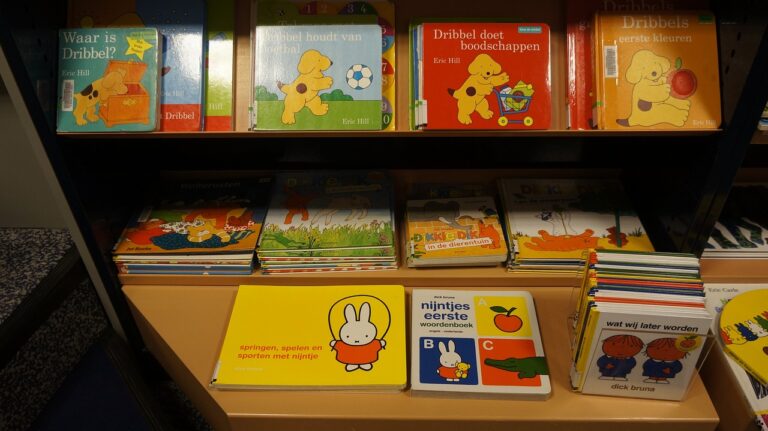Assessing Social and Emotional Learning Competencies: Laser book 247 login registration number, Lotusbook9 com, 11xplay
laser book 247 login registration number, lotusbook9 com, 11xplay: Assessing Social and Emotional Learning Competencies
In today’s rapidly changing world, social and emotional skills are becoming increasingly important for individuals to succeed in both personal and professional settings. These competencies, which include self-awareness, self-management, social awareness, relationship skills, and responsible decision-making, are vital for building healthy relationships, managing stress, and making positive choices.
Assessing social and emotional learning (SEL) competencies is essential to gauge an individual’s strengths and areas for improvement in these crucial areas. By evaluating these skills, educators, parents, and employers can provide targeted support and resources to help individuals enhance their social and emotional intelligence.
Here are some key strategies for effectively assessing social and emotional learning competencies:
Self-Assessment
Encouraging individuals to self-assess their social and emotional skills can be a valuable tool for identifying strengths and areas for growth. Self-assessment tools, such as questionnaires or reflective activities, can help individuals gain insight into their emotional intelligence and set goals for improvement.
Peer Assessment
Peer assessment involves gathering feedback from others, such as classmates, colleagues, or friends, on an individual’s social and emotional skills. This 360-degree view allows individuals to receive input from different perspectives and gain a deeper understanding of how their behaviors impact others.
Observation
Observing individuals in various social and emotional situations can provide valuable insights into their competencies. Educators, for example, can observe students during group projects or conflict resolution activities to assess their communication skills, empathy, and problem-solving abilities.
Feedback
Providing constructive feedback is essential for guiding individuals toward improving their social and emotional competencies. Feedback should be specific, timely, and focused on encouraging growth and development in areas that need improvement.
Assessment Tools
There are various assessment tools and instruments available to evaluate social and emotional learning competencies. These tools may include standardized tests, surveys, interviews, and performance assessments, all designed to measure different aspects of social and emotional intelligence.
Continuous Monitoring
Assessing social and emotional learning competencies should be an ongoing process. By continuously monitoring individuals’ progress and providing support and feedback, educators, parents, and employers can help individuals develop and strengthen their social and emotional skills over time.
FAQs
Q: Why are social and emotional learning competencies important?
A: Social and emotional skills are essential for building healthy relationships, managing stress, and making positive choices in both personal and professional settings.
Q: How can I improve my social and emotional skills?
A: Engaging in self-assessment, seeking feedback from others, and practicing empathy and communication are all effective ways to enhance social and emotional competencies.







